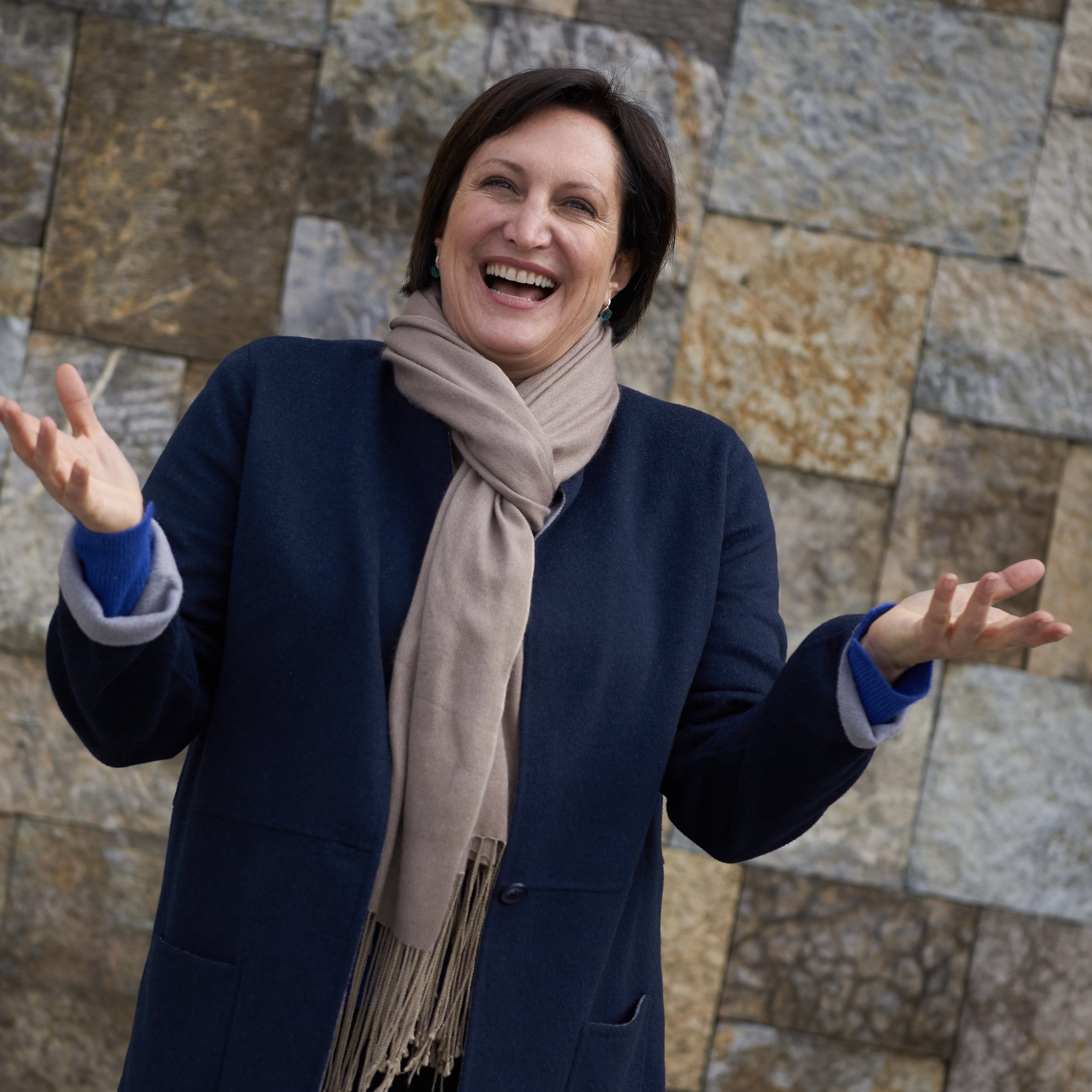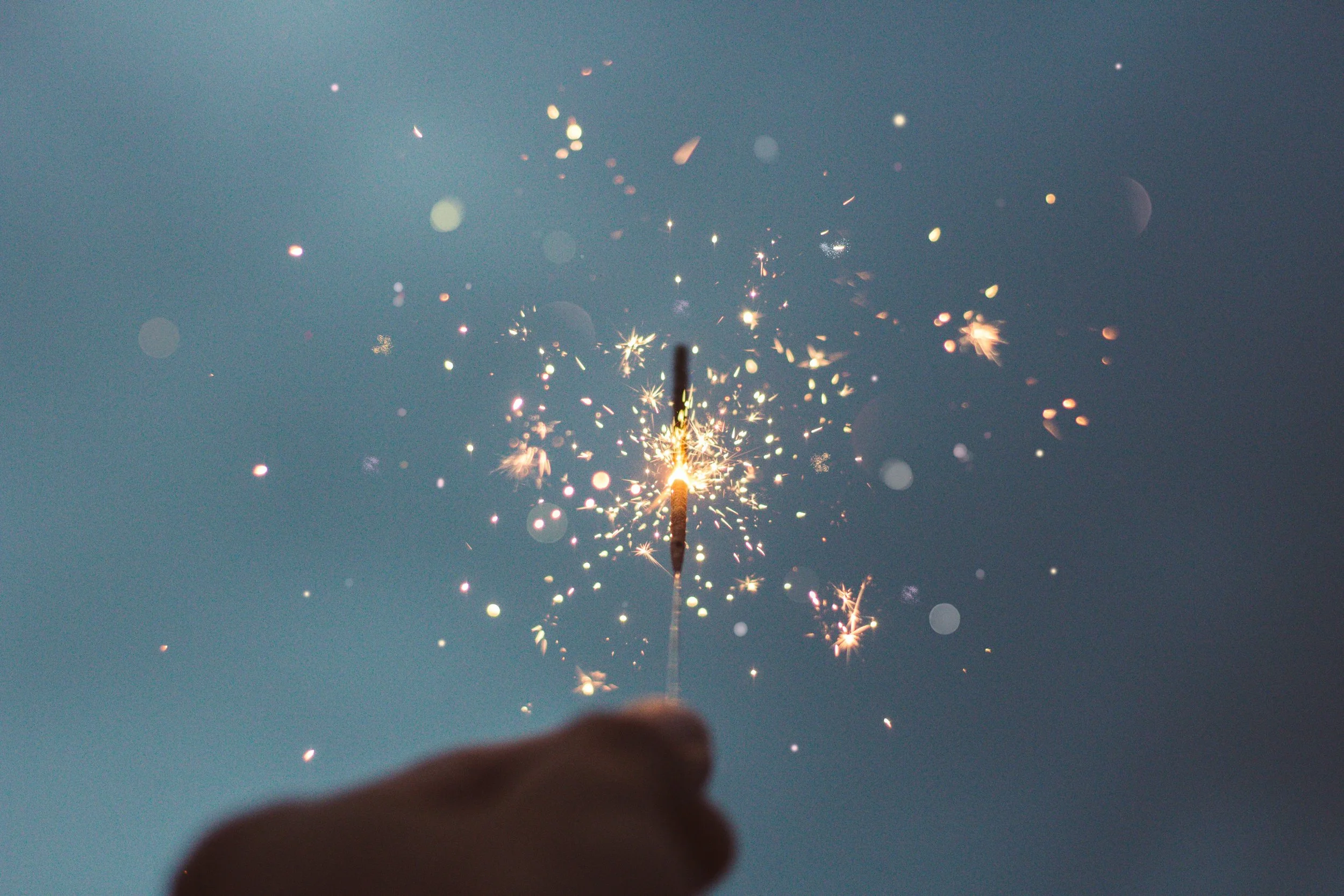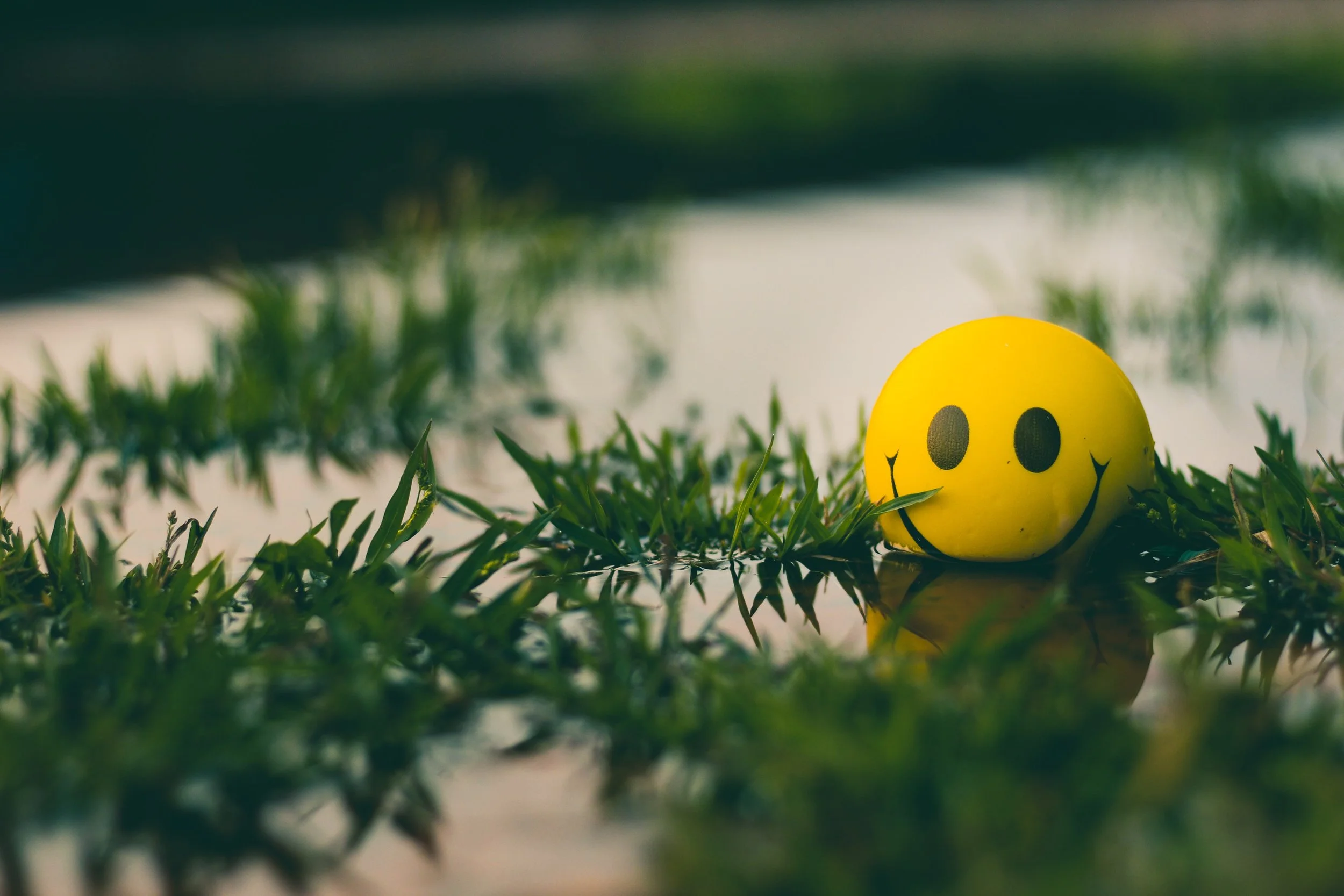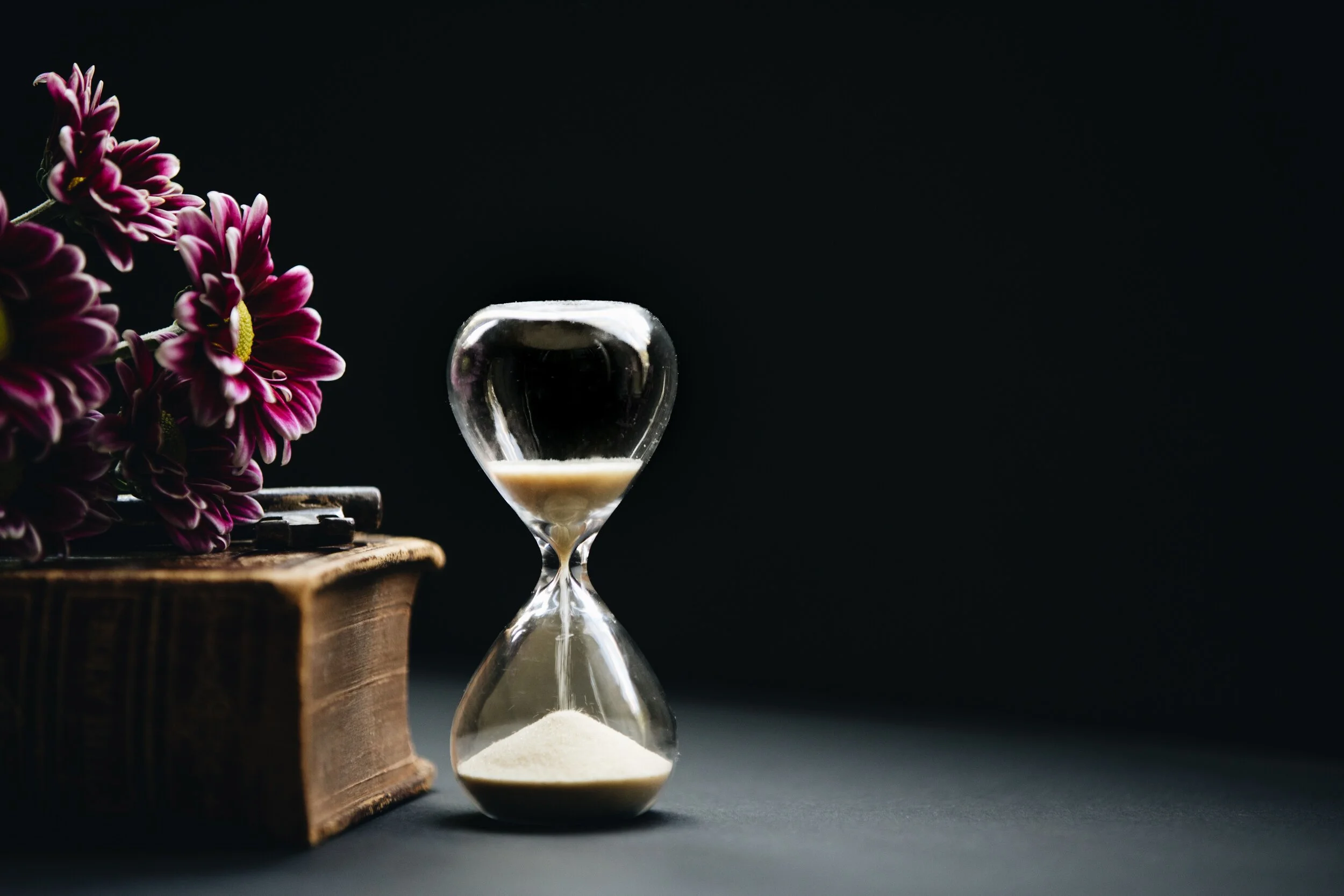The REAL Reason We Take Mental Health Breaks
“It seems like you could use a little time away.”
That’s what my husband said to me right before he handed me an open-ended “ticket” to a mental health break. He’d found a place for me to retreat, alone, for as long as I needed.
It was like manna from heaven. Even if I didn’t know how hungry I was for it.
He did not have to tell me twice. Off I went, work schedule cleared as much as possible, and a blank journal and some books in hand.
It didn’t take long before I understood the REAL reason we take mental health breaks.
I don’t think it’s about sitting on a beach, staring off at the horizon. I don’t think it’s about sitting for long periods in meditation either. I don’t think it’s about breaking the routine, or self-development, or doing exercises to reprioritize our goals.
Lovely as all of those things are, I don’t think they’re it.
The real reason we take mental health breaks?
I think it is simply about being free from making decisions.
To put a finer point on it, it’s about being free from making decisions on behalf of other people in our lives.
Right now, at this point in my life, it’s a mental health break for me when I don’t have to decide.
Please can I not decide whether the dog has to go to the vet? Please can I not decide what we’ll eat for dinner? Please can I not decide whether today’s workout is a hike or weights? Please can I not decide whether we should travel or stay home for the holidays? Please can I not decide how to handle a tricky family situation? Please can I not decide what gifts to get for who, and whether we should hand-deliver them or have them shipped?
If the answer to any of these questions is, “No, you don’t have to decide. Let me make the decision,” then suddenly I become your biggest fan.
I had a case of decision fatigue, for sure. (Is decision exhaustion a thing?) But it was more than that. It was decision fatigue on behalf of others. Interestingly, making too many decisions on behalf of others also meant that I wasn’t make enough decisions on behalf of myself.
There it is.
That’s what mental health breaks are really about, I think.
Deciding, for yourself and you alone, how you’ll spend the day. Deciding, for yourself, what time you’ll wake up and what time you’ll turn off the light to go to sleep. Deciding, for yourself, what and when and how you’ll eat and drink.
This holds true, I think, at the micro level as well. Most of us don’t usually have the luxury of a multi-day or even day-long mental health break, especially given the demands of our industry at this time of year. So consider small-scale mental breaks as well, like deciding to take five extra minutes to make coffee the way that you individually prefer it, or stepping away from your desk to take a walk around the block at a pace and route that you decide.
Simple, essential decisions, made on behalf of ourselves, is what makes a mental health break so effective. I think it’s because decisions are about choice and personal agency, and when we spend time exercising that muscle on our own behalf, then we remember (or realize) what we actually want.
It’s a relief to come back to knowing what that is. But we have to remember how to do it. We have to practice how to discern the difference between the decisions we make for ourselves from the decisions we make for others.
We have to know one from the other. Ironically, that makes us better decision-makers when we return to our regular lives and actually need to voice our opinion in various situations to various groups.
Being free for a while to make decisions for ourselves alone is, for me, the real reason and the real benefit of a mental health break.
I’d be curious about your experience in this regard. Does what I’ve written here make sense to you? Does it resonate? Does it come across as selfish? Cliché? Refreshing? Honest?
Drop me a line and let me know, or else leave a comment publicly and contribute to the conversation. I’d love to hear. I think it’s an interesting and valuable one to tease out.
Namaste,
Cathy
What We're Reading:
Here's what has piqued our interest this week in the world of wine and mindfulness.
Can Any Good Come of Our COVID Lockdowns? - GreaterGood.com
Having to isolate was hard. But, for some people, it was a chance to discover newfound appreciation for important aspects of their lives.
4 Future-Focused Takeaways For The Wine Industry From The 2021 Global Wellness Summit – Cathy Huyghe for Forbes.com
Why would a wine person be interested in a conference about global health? Cathy considers four future-focused takeaways from the 2021 Global Wellness Summit, that wine people can relate to.
Must-Have Wine Accessories That Make the Perfect Gift – Janice Williams for Pix.wine
The tools and gadgets to amplify every wine-drinking experience
The Pain Brain - The New York Times.com
Millions of Americans are living with chronic pain. A quiet revolution in research and treatment is finding new ways to help them heal.
Meet the Community:
Here we meet some of the talented folks who make our profession so dynamic.
Ana Keller, Estate Director, Keller Estate, Petaluma, California (USA)
Years in Industry:
In March of 1998, my parents asked me to come to Petaluma from Mexico City to resolve a stuck fermentation of chardonnay at their winery. I was y for my Ph.D. in pharmaceutical development; I always wanted to work with medicinal plants. That's why I gravitated to biochemistry in the first place. Since I walked into that cellar in 1998, I never looked back. Once I understood what I was dealing with at the winery, I saw that it had everything I loved – the plants, grapes, viticulture, production. Working in pharmaceuticals was so strict that I innately understood quality standards, plus making wine was enjoyable. Little did I know that I'd spend so much time in marketing and sales!
My Top Three Challenges to Wellness:
Keeping healthy and acknowledging the limitations of my body as I grow older. Before, if I wasn't feeling well, I'd go to bed and sleep it off, and soon I'd be back to my old self. Now I need to do a lot more to stay healthy and be in a happy place.
Rekindling friendships. Time is limited, especially with all the demands of the job. But I work hard at keeping my friends. Sometimes we need to go out and look for friendships because the friends we used to have may not be relevant at different times in life. Talking about where each friend in life gives me perspective.
Juggling family and making sure that I give everyone what I want to give them without it being too taxing on myself. I have three sons, a husband, father, sisters… and everybody's gotten used to expectations of what my role in the family is. When you're not that person anymore, it's hard.
How I Keep It Together to Stay Well:
A lot of experimentation! I try new things to see what works and what doesn't. Sometimes what works is not necessarily easy. To stay well, you really have to start observing yourself very closely to see how external factors affect your well-being. Everyone can be well. We just have to be very creative.
I also look for rewards and treats, finding safe landing spots. Change isn't going to magically happen, so we need to realize our decisions' effects and make a plan.
What Inspires Me:
I'm inspired by the cyclical nature of the wine industry. I love coming to a new harvest, coming back to the same problem, and dealing with it differently this time. Also, flowers and gardens always inspire me. Every time I travel to a new city, I look for the closest garden. My birthday and my sister Grace's birthday are within a week of each other, and our birthday gift every year is to go and walk a nursery.
A Quote I Love:
George Washington Carver said that "99% of failures come from people who have the habit of making excuses." In my family, you can always say you messed up, but you don't get to make excuses for it.
You can connect with Ana on Twitter and Instagram, and through the Keller Estate website.







